
How Hong Kong’s Category III adult film industry is laid bare in 2 films that offer a different perspective
- Viva Erotica (1996) depicts life behind the scenes of the city’s once-famed adult movie industry, offering insight into the nature of artistic compromise
- Vulgaria (2012) is a hilariously crude and ironic look at directors and producers labouring in the lower echelons of Hong Kong filmmaking
Hong Kong’s often crazy adult films provide much raw material for satire. Here we look at two very different feature films that lift the lid on the city’s Category III scene.
1. Viva Erotica (1996)
Viva Erotica depicts life behind the scenes of Hong Kong’s once-famed Category III adult movie industry, which was fading when the film was made in 1996.
300 acting credits, 45 as a director: Wu Ma’s amazing Hong Kong film career
Yee was inspired to make the film after talking to his friend, fellow director Bosco Lam Hing-lung, who had made five sexy Category III films for super-producer Wong Jing (including 1994’s A Chinese Torture Chamber Story), but was too embarrassed to mention them to his family.
“Bosco is not very happy about making sex flicks, but that’s the way he makes his living. He’s always worried about what people will think of him,” Yee told this writer in 1996. Film-goers thought that those involved in the sex-film industry were a bad lot, Yee said.
Yee’s motivation to make Viva Erotica was to show that people involved in Hong Kong’s Category III industry were often just out-of-work filmmakers trying to get by, and actresses trying to get a break.

But he added an extra layer of interest by imagining what would happen if a broke art-film director tried to bring his artistic vision to a sex film that some rough-and-ready movie bosses had hired him to make.
Leslie Cheung plays Leslie, a serious director who, with the support of his goofy girlfriend (Karen Mok), chooses to make a soft porn film to earn some well-needed cash.
But while on set, he can’t bear to watch the terrible acting of his stars, played by Shu Qi and Tsui Kam-kong, so he directs their sex scenes like he is making an art film.
The actors’ performances improve, but conflicts arise with his financial backers – they don’t want arty camera angles and sensitive portrayals, they just want bare flesh.
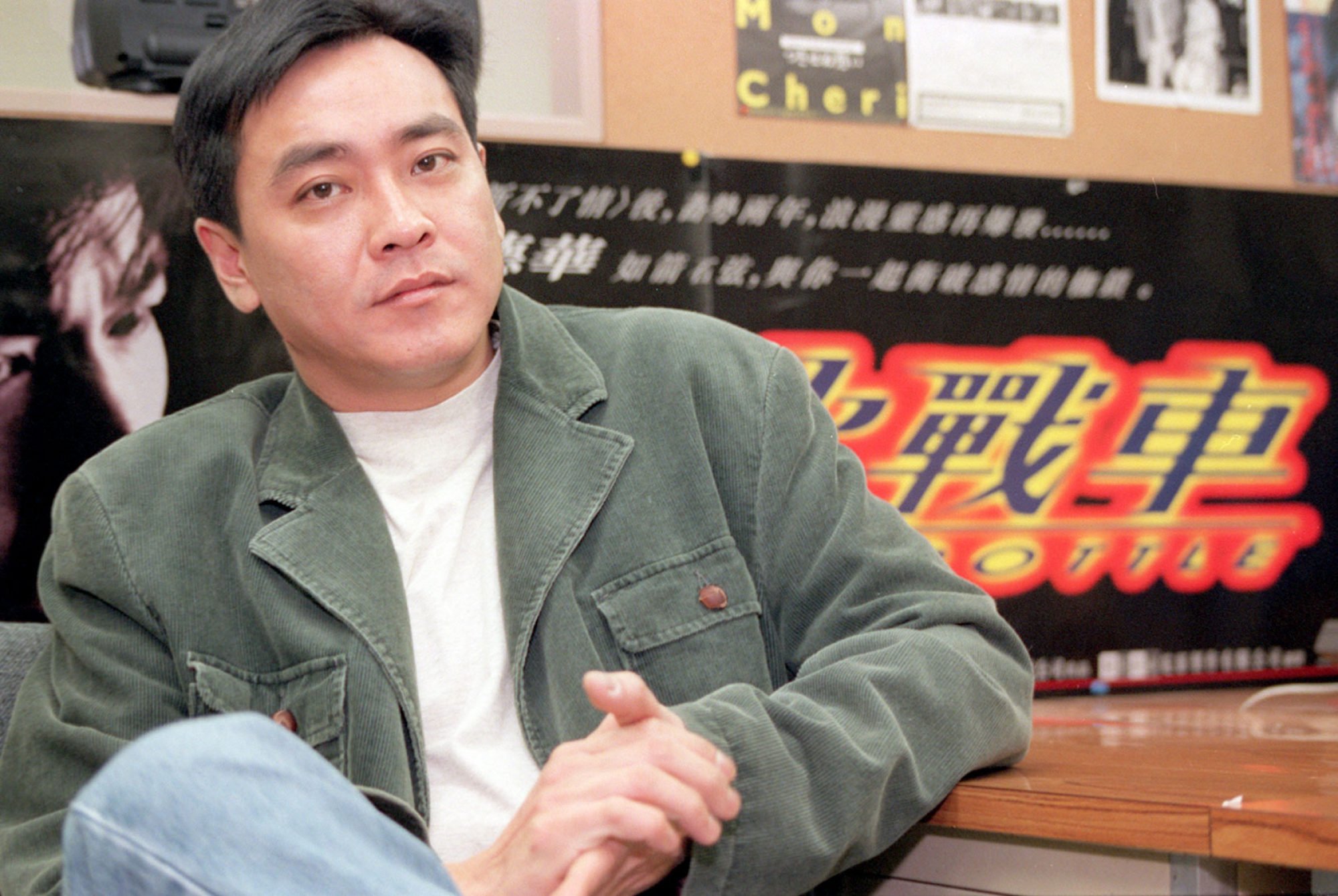
The compromises that director Leslie had to make felt very real in 1996. Although the local film industry was still more lucrative than it is today, the boom of the early 1990s had evaporated, and Hollywood films were once again taking a larger share of the box office than local films.
“All directors in Hong Kong have to face the conflict between the commercial and the artistic,” Yee, who was well known for maintaining his independent stance, told this writer.
“But the market for Hong Kong films is shrinking. Now we have to concentrate on the commercial side. If we don’t compromise with the studios, we won’t ever be able to make a film,” he said.
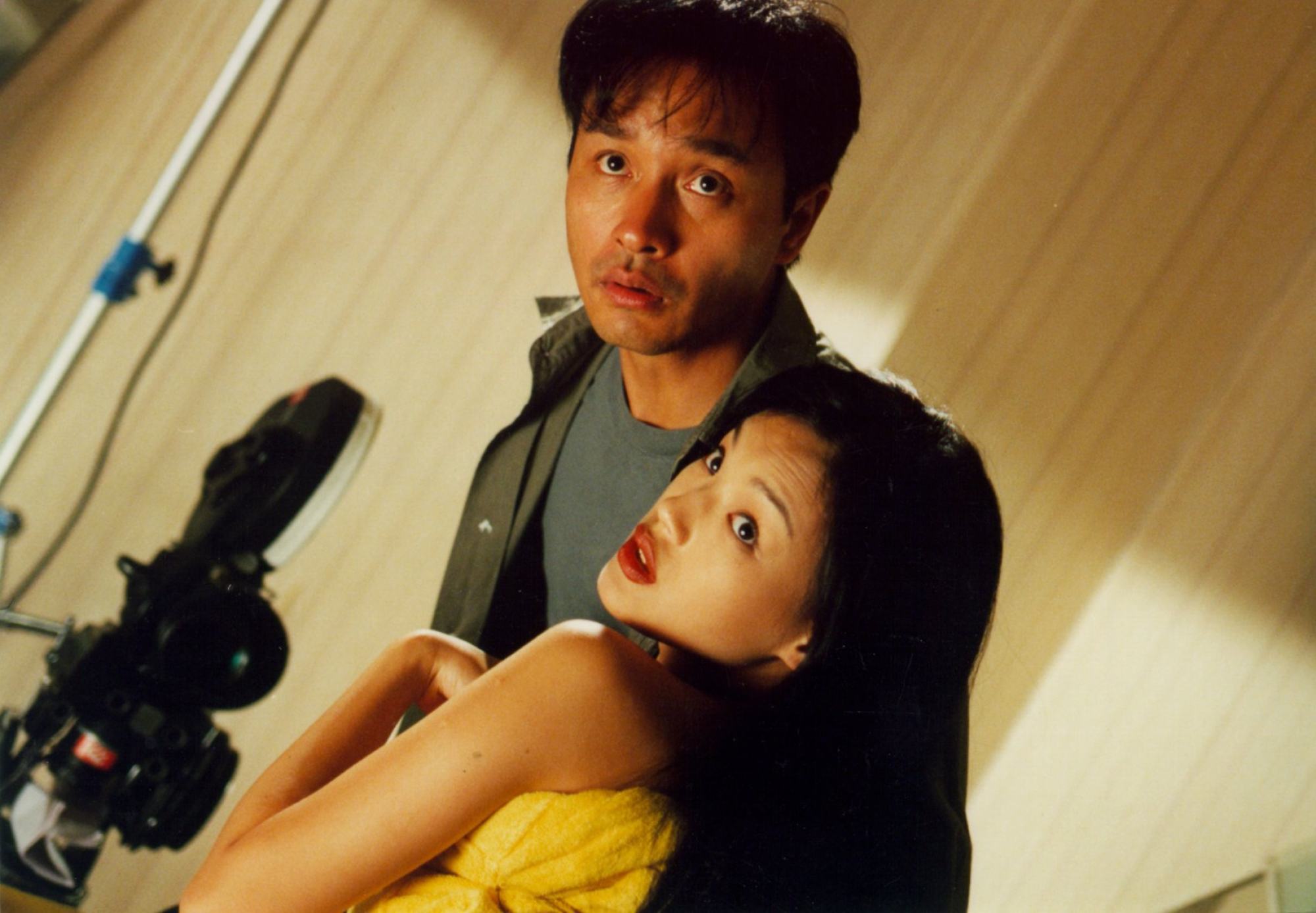
Yee also wanted to cheer his friend Lam up by showing the cast and crew as regular people, rather than sex-crazed weirdos. Off-screen, Tsui Kam-kong’s porn star is shown as a sensitive family man.
Shu Qi is given the best role in the film, as Yee allows her character to develop so that a thoughtful persona emerges from underneath her facile, sex-diva exterior. A scene of her explaining why her character chose to make sex films seems to be semi-autobiographical.
“I wanted to show that these actors can be good guys too,” Yee said. “They, too, can walk away from their jobs when the day’s work is done.”
How Sammo Hung found the magic formula for Hong Kong ghost films
The film opens with a steamy Category III-style scene between Cheung and Mok, in which she loudly screams “F*** me” into the camera. This scene, positioned right at the start, shocked and intrigued audiences, and was a big talking point.
“I admit that the scene was custom-made to draw the crowds,” Yee said. He also noted that Cheung’s delicate personality made it easy for the actresses to relax around him during the more intimate scenes.
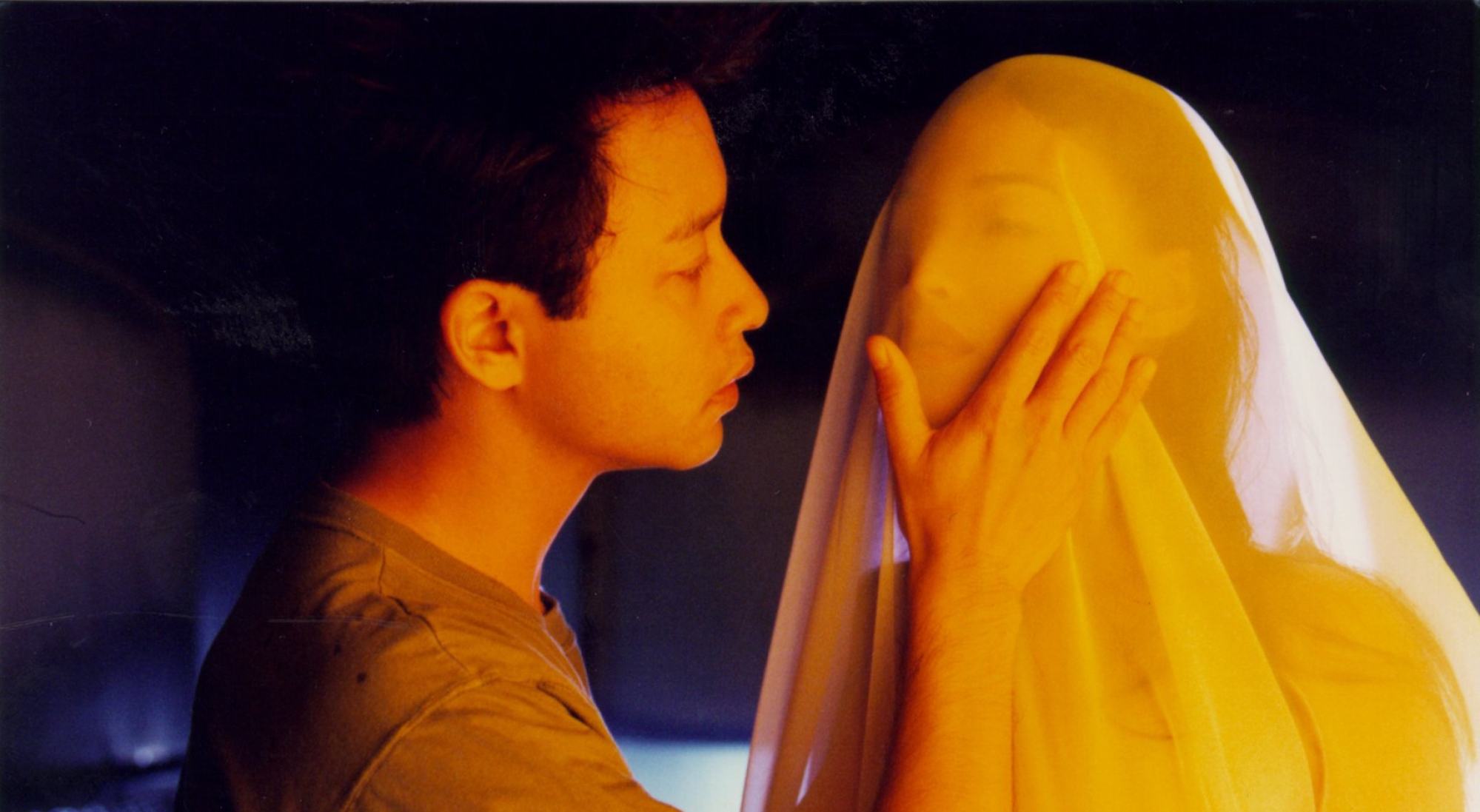
Although hardly explicit even by 1996 standards, Viva Erotica received an adults-only Category III rating.
Vulgaria (2012)
The film picked up on the lowbrow humour of many Cantonese comedies and fashioned it into a hilariously ironic look at directors and producers labouring in the lower echelons of Hong Kong filmmaking.
Vulgaria – whose Chinese title translates as Vulgar Comedy – is much more outrageous than the movies it is satirising.
“Viewers heading in to catch Pang Ho-cheung’s new comedy opus Vulgaria should take the film’s title as fair warning – it’s loaded with foul language, ultra-crude gags and constant references to the sleazier side of Hong Kong cinema,” wrote film critic Tim Youngs. “Vulgarity is very much on the agenda.”
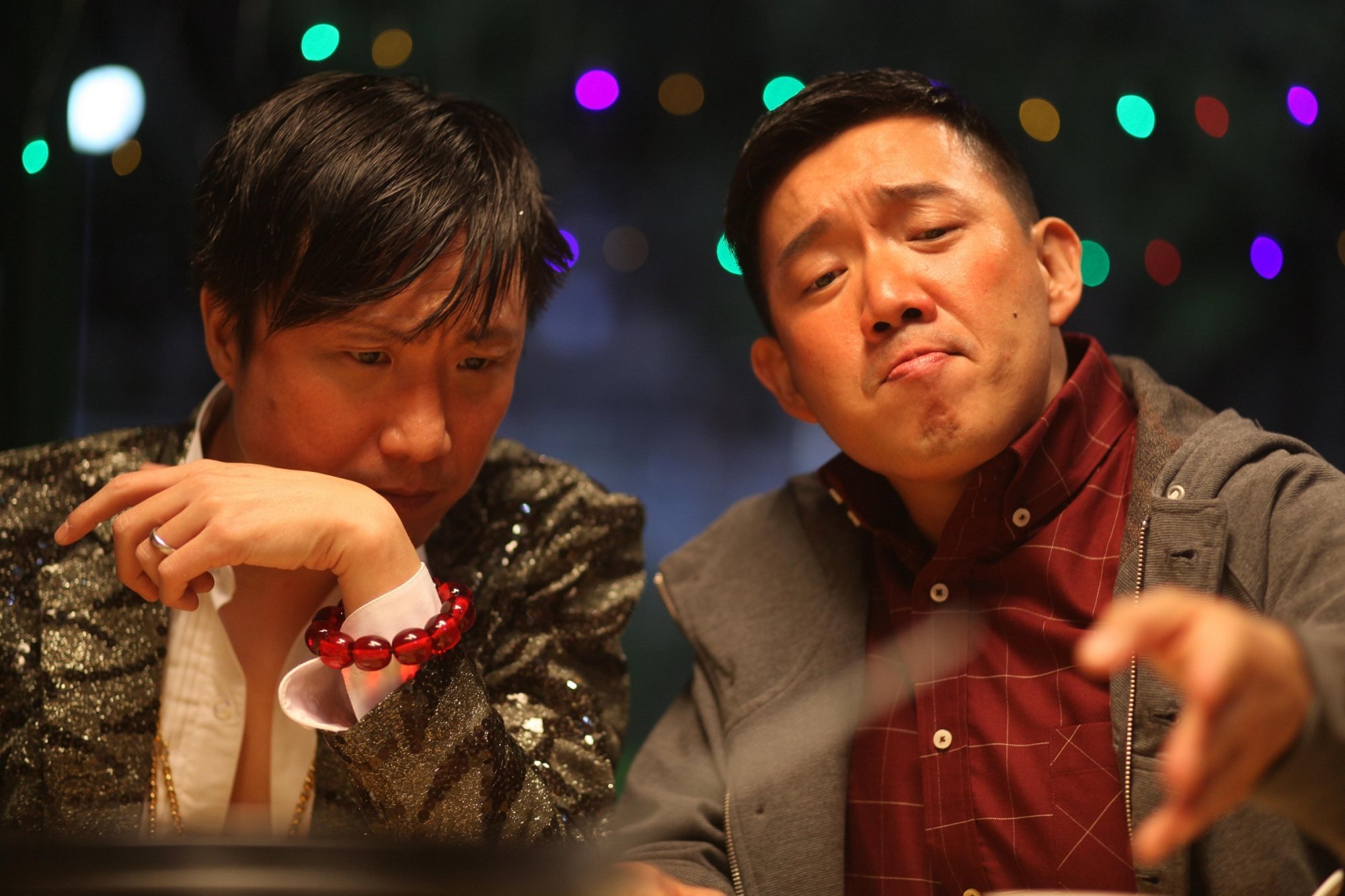
Pang decided to make the film as outrageous as possible to annoy the censors – he was irritated because his previous movie, the mainstream romance Love in a Puff (2010), had received a Category III rating.
“They pushed me into Category III,” Pang told The Diva Review in 2012. “The movie is just a romantic comedy, but the Hong Kong censorship department said it had too much foul language in the dialogue. But my story is very pure – they don’t even have a kiss!” he said.
Vulgaria, which was shot in 12 days and scripted on the go like a 1990s film, unsurprisingly received a Category III rating, too.

Pang also wanted the earthy language to capture the street slang of the time – Hong Kong slang changes fast – and this gained it the reputation of being a very local film at a time when many filmmakers were aiming at a mainland audience.
“To be fair, profanity is not poison – it has an essential role to play in the Cantonese language. It’s not just about cursing others,” Pang told Edmund Lee, now the Post’s film editor, in an interview promoting Vulgaria back in 2012.
Pang has said that the idea partially came from a true story he was told by Chapman To, who was working for a debt-collection agency at the time – although he has pointed out that sex with mules was not in that story.
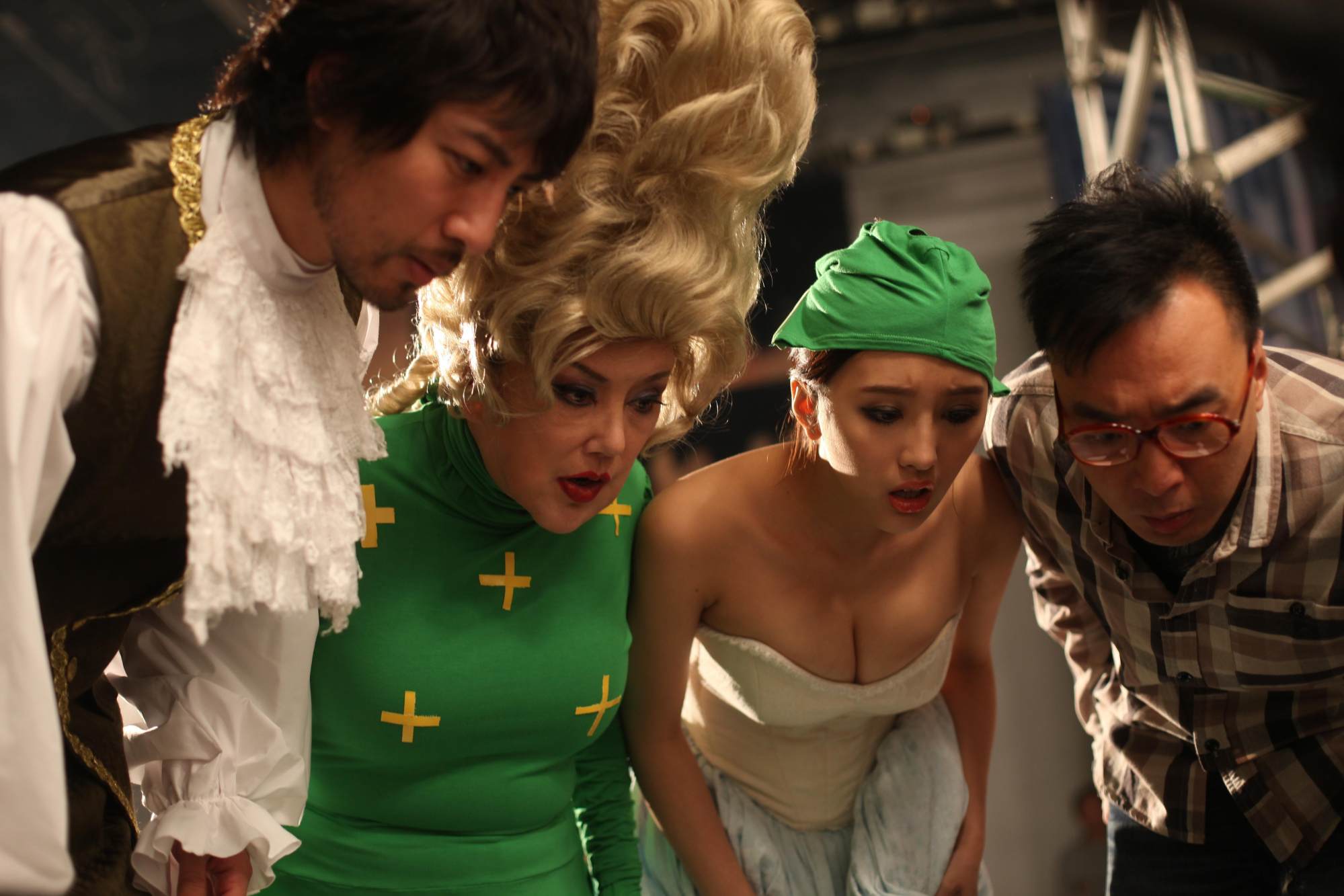
In this regular feature series on the best of Hong Kong cinema, we examine the legacy of classic films, re-evaluate the careers of its greatest stars, and revisit some of the lesser-known aspects of the beloved industry.
